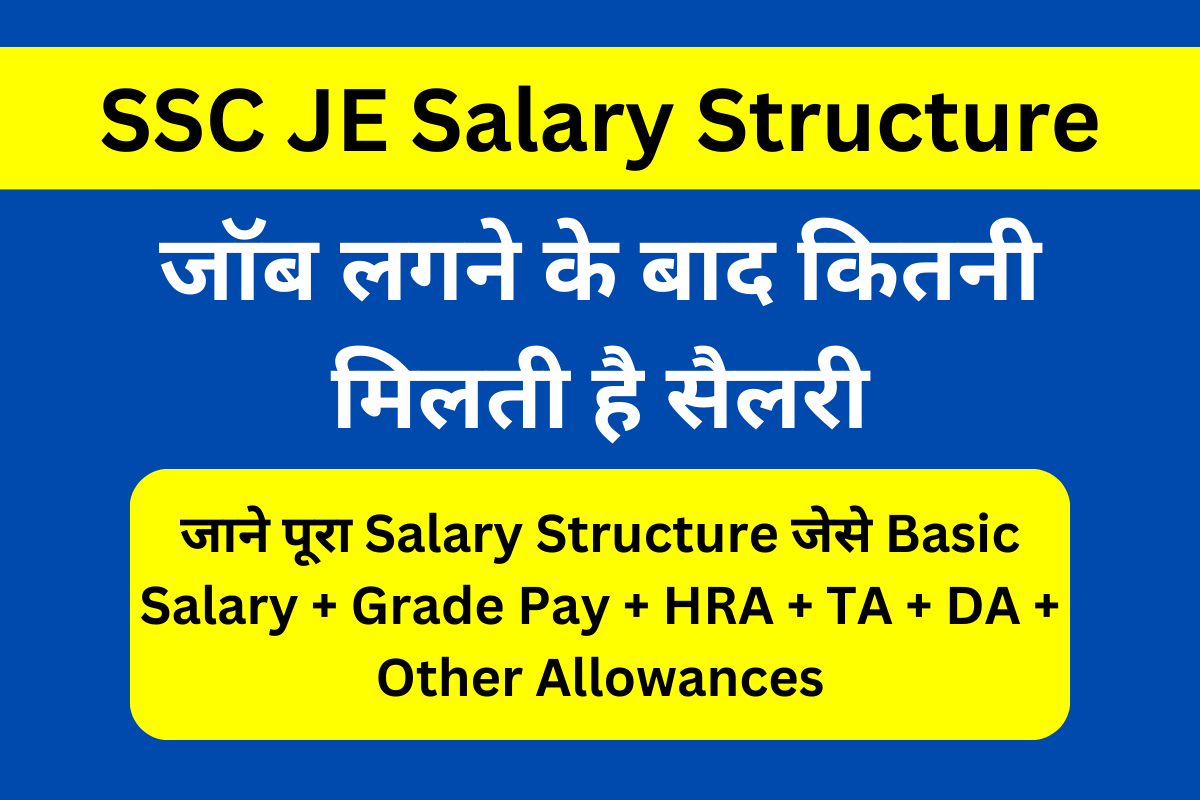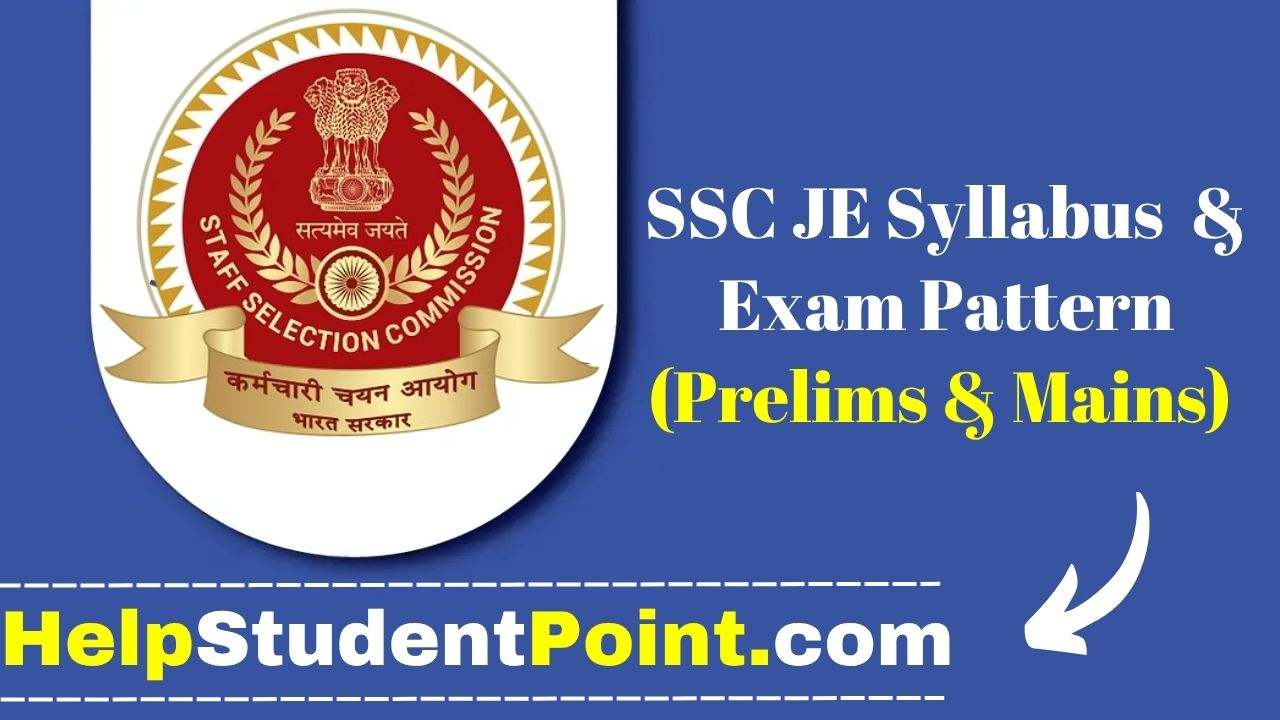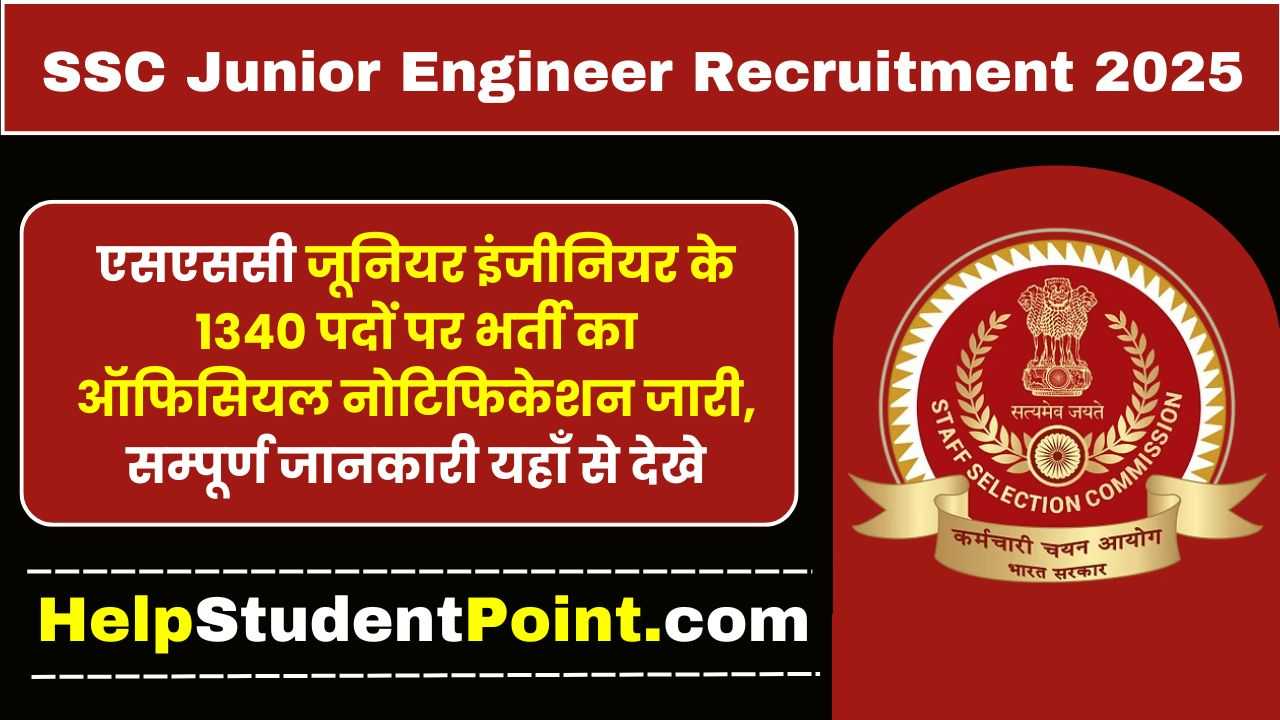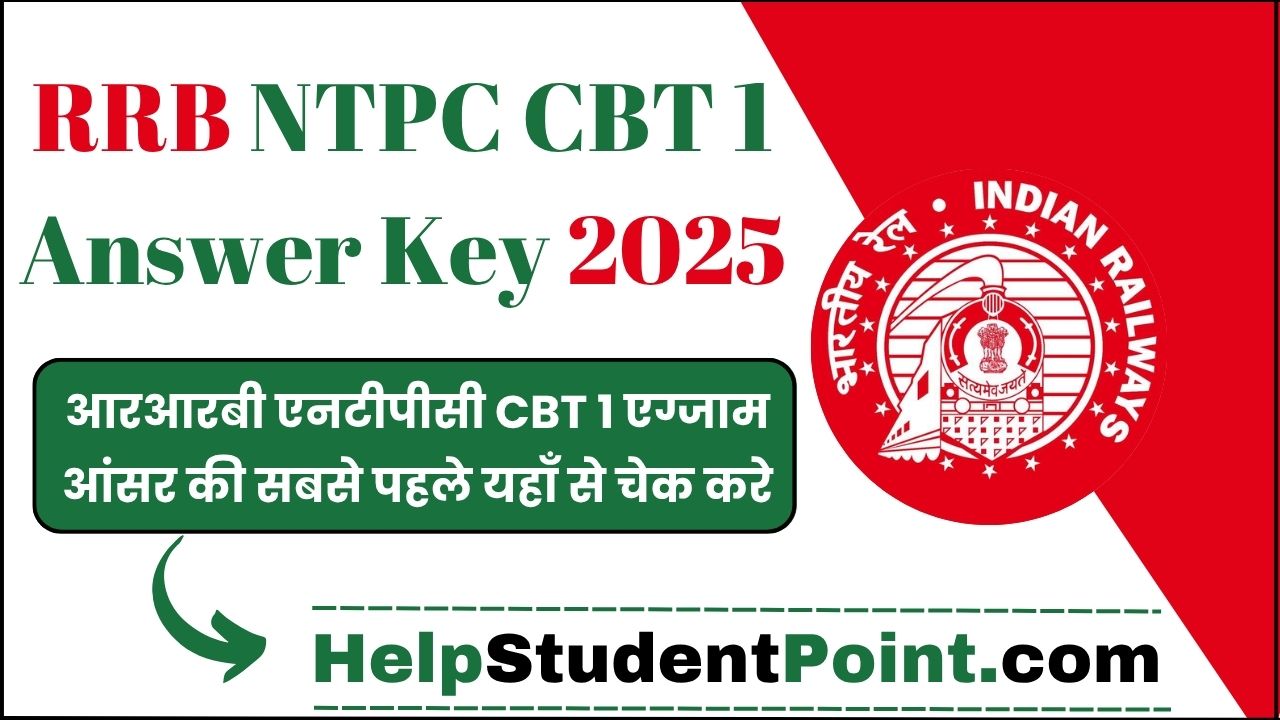UPSC CSE Sociology Optional Syllabus for Paper-I, UPSC CSE Sociology Optional Syllabus for Paper-II sociology optional books, Sociology optional syllabus, Sociology optional syllabus, Sociology optional syllabus for upsc, upsc mains syllabus, Sociology optional syllabus, upsc optional subjects, sociology optional books pdf
| UPSC CSE Sociology Optional Syllabus for Paper-I |
|
FUNDAMENTALS OF SOCIOLOGY
- Sociology ‐ The Discipline:
(a) Modernity and social changes in Europe and emergence of Sociology.
(b) Scope of the subject and comparison with other social sciences.
(c) Sociology and common sense.
- Sociology as Science:
(a) Science, scientific method and critique.
(b) Major theoretical strands of research methodology.
(c) Positivism and its critique.
(d) Fact value and objectivity.
( e) Non-positivist methodologies.
- Research Methods and Analysis:
(a) Qualitative and quantitative methods.
(b) Techniques of data collection.
(c ) Variables, sampling, hypothesis, reliability and validity.
- Sociological Thinkers:
(a) Karl Marx – Historical materialism, mode of production, alienation, class struggle.
(b) Emile Durkhteim – Division of labour, social fact, suicide, religion and society.
(c) Max Weber – Social action, ideal types, authority, bureaucracy, protestant ethic and the
spirit of capitalism.
(d) Talcolt Parsons – Social system, pattern variables.
(e) Robert K. Merton – Latent and manifest functions, conformity and deviance, reference
groups.
(f) Mead – Self and identity.
- Stratification and Mobility :
(a) Concepts – equality, inequality, hierarchy, exclusion, poverty and deprivation.
(b) Theories of social stratification – Structural func tionalist theory, Marxist theory, Weberian
theory.
(c) Dimensions – Social stratification of class, status groups, gender, ethnicity and race.
(d) Social mobility – open and closed systems, types of mobility, sources and causes of mobility.
- Works and Economic Life :
(a) Social organization of work in different types of society – slave society, feudal society,
industrial capitalist society.
(b) Formal and informal organization of work.
(c) Labour and society.
- Politics and Society:
(a) Sociological theories of power.
(b) Power elite, bureaucracy, pressure groups and political parties.
(c) Nation, state, citizenship, democracy, civil society, ideology.
(d) Protest, agitation, social movements, collective action, revolution.
- Religion and Society :
(a) Sociological theories of religion.
(b) Types of religious practices: animism, monism, pluralism, sects, cults.
(c) Religion in modern society: religion and science, secularization, religious revivalism,
fundamen talism.
- Systems of Kinship:
(a) Family, household, marriage.
(b) Types and forms of family.
(c) Lineage and descent.
(d) Patriarchy and sexual division of labour.
(e) Contem porary trends.
- Social Change in Modern Society :
(a) Sociological theories of social change.
(b) Development and dependency.
(c) Agents of social change.
(d) Education and social change.
(e) Science, technology and social change.
|
| UPSC CSE Sociology Optional Syllabus for Paper-II |
|
INDIAN SOCIETY : STRUCTURE AND CHANGE
A. Introducing Indian Society :
(i) Perspectives on the Study of Indian Society :
(a) Indology (G.S. Ghure).
(b) Structural functionalism (M. N. Srinivas).
(c) Marxist sociology (A. R. Desai).
(ii) Impact of colonial rule on Indian society :
(a) Social background of Indian nationalism.
(b) Modernization of Indian tradition.
(c) Protests and movements during the colonial period.
(d) Social reforms.
B. Social Structure:
(i) Rural and Agrarian Social Structure:
(a) The idea of Indian village and village studies.
(b) Agrarian social structure—
evolution of land tenure system, land reforms.
(ii) Caste System:
(a) Perspectives on the study of caste systems: G. S. Ghurye, M. N. Srinivas, Louis Dumont,
Andre Beteille.
(b) Features of caste system.
(c) Untouchability-forms and perspectives
(iii) Tribal Communities in India:
(a) Definitional problems.
(b) Geographical spread.
(c) Colonial policies and tribes.
(d) Issues of integration and autonomy.
(iv) Social Classes in India:
(a) Agrarian class structure.
(b) Industrial class structure.
(c) Middle classes in India.
(v) Systems of Kinship in India:
(a) Lineage and descent in India.
(b) Types of kinship systems.
(c) Family and marriage in India.
(d) Household dimensions of the family.
(e) Patriarchy, entitlements and sexual division oflabour.
(vi) Religion and Society :
(a) Religious communities in India.
(b) Problems of religious minorities.
C. Social Changes in India:
(i) Visions of Social Change in India:
(a) Idea of development planning and mixed economy.
(b) Constitution, law and social change.
(c) Education and social change.
(ii) Rural and Agrarian Transformation in India:
(a) Programmes of rural development, Community Development Programme, cooperatives,
poverty alleviation schemes.
(b) Green revolution and social change.
(c) Changing modes of production in Indian agriculture.
(d) Problems of rural labour, bondage, migration.
(iii) Industrialization and Urbanisation in India:
(a) Evolution of modern industry in India.
(b) Growth of urban settlements in India.
(c) Working class: structure, growth, class mobilization.
(d) Informal sector, child labour.
(e) Slums and deprivation in urban areas.
(iv) Politics and Society :
(a) Nation, democracy and citizenship.
(b) Political parties, pressure groups, social and political elite.
(c) Regionalism and decentralization of power.
(d) Secularization.
(v) Social Movements in Modern India :
(a) Peasants and farmers movements.
(b) Women’s movement.
(c) Backward classes & Dalit movements.
(d) Environmental movements.
(e) Ethnicity and Identity movements.
(vi) Population Dynamics :
(a) Population size, growth, composition and distribution.
(b) Components of population growth: birth, death, migration.
(c) Population Policy and family planning.
(d) Emerging issues: ageing, sex ratios, child and infant mortality, reproductive health.
(vii) Challenges of Social Transformation :
(a) Crisis of development : displacement, environmental problems and sustainability.
(b) Poverty, deprivation and inequalities.
(c) Violence against women.
(d) Caste conflicts.
(e) Ethnic conflicts, communalism, religious revivalism.
(f) Illiteracy and disparities in education. |
Frequently Asked Questions (FAQs) On UPSC CSE Optional Syllabus
Question- What is the UPSC’s Annual Programme (Calendar) of Examinations/RTs (Recruitment Tests)?
Answer – The UPSC publishes an Annual Programme (Calendar) of all the Structured Examinations/RTs conducted by it at least 6 months in advance (i.e. in June) for the Examinations/RTs to be conducted during the next calendar year. The Programme is uploaded on the UPSC’s website as also published in the leading news papers of the country. The date of issue of Examination Notice for each Examination is also mentioned in this Annual Programme.
Question- What happens if a candidate submits multiple online applications?
Answer – While a candidate should avoid submitting more than one online application, in case of doing so, the data provided in the last application (highest RID Number), that is successfully submitted online, is accepted by the Commission. All previous applications are ignored as these are amalgamated with the last completed & finally submitted application. If an applicant (who has already submitted an application successfully) wants to
make amendments in the application, then he has to submit a fresh application on or before the last date of submission of application of the Examination. Therefore, it must be ensured that fee is submitted against the
last online application only, which should also be complete in all respects including its final submission. Fee paid against one RID shall not be adjusted against any other RID number
Question- What action is taken by the Commission in case of submission of false information by the candidates?
Answer – A candidate found to be furnishing false information to the Commission or suppressing information, adopting various unfair means in the Examination like impersonation, cheating, etc., is liable to be disqualified
and/or debarred from writing UPSC Examinations as decided by the Commission. A detailed stipulation in this regard is incorporated in the Rules of Examination/ Examination Notices.





